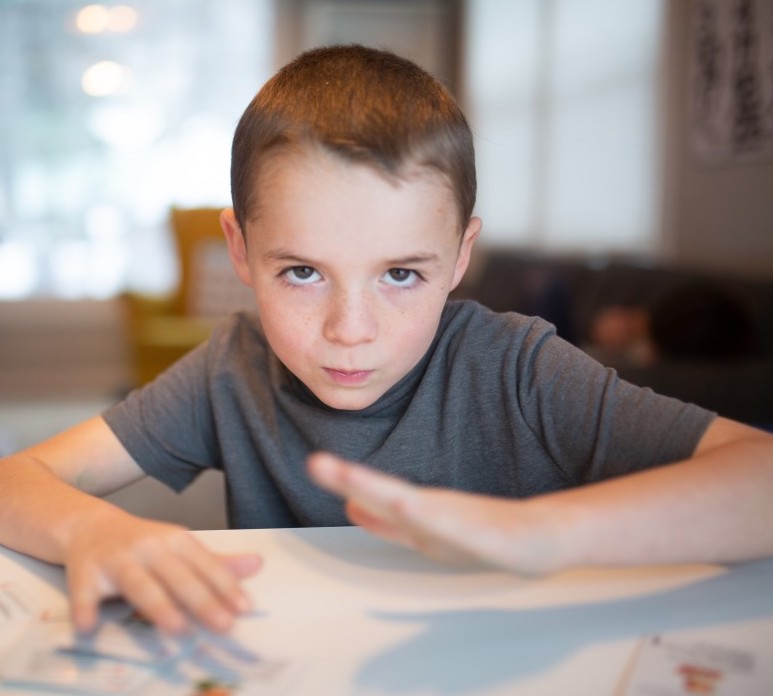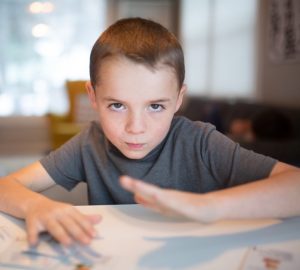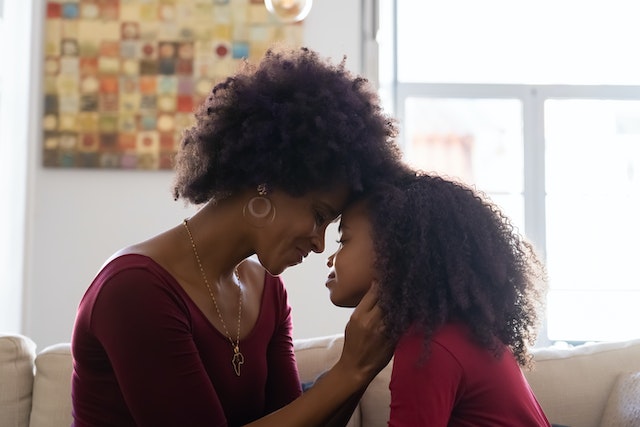Digital Mental Health and Identity Affirmation Tool for LGBTQ+ Youth [website]
 LGBTQ+ youth are facing a growing mental health crisis. To help LGBTQ+ youth counteract the negative influence of discrimination and oppression, Hopelab, in collaboration with CenterLink, and It Gets Better Project, created imi, a free, digital, research-backed, mental health and identity affirmation tool. Read more ›
LGBTQ+ youth are facing a growing mental health crisis. To help LGBTQ+ youth counteract the negative influence of discrimination and oppression, Hopelab, in collaboration with CenterLink, and It Gets Better Project, created imi, a free, digital, research-backed, mental health and identity affirmation tool. Read more ›




 Some children have a gender identity that is different from their gender assigned at birth, and many have interests and hobbies that may align with the other gender. Research suggests that gender is something we are born with; it can’t be changed by any interventions. It is critically important that children feel loved and accepted for who they are.
Some children have a gender identity that is different from their gender assigned at birth, and many have interests and hobbies that may align with the other gender. Research suggests that gender is something we are born with; it can’t be changed by any interventions. It is critically important that children feel loved and accepted for who they are. 
 In this Voices of Compassion podcast, we talk about eating disorders with
In this Voices of Compassion podcast, we talk about eating disorders with 
 Dialectical Behavior Therapy, or DBT, focuses on teaching people skills to manage intense emotions, cope with challenging situations, and improve their relationships. It encourages people to learn and use mindfulness training in practical ways.
Dialectical Behavior Therapy, or DBT, focuses on teaching people skills to manage intense emotions, cope with challenging situations, and improve their relationships. It encourages people to learn and use mindfulness training in practical ways.

 In this Voices of Compassion episode, we discuss the sensitive but critical topic of teen suicide. In our conversation with CHC Doctoral Psychology Intern,
In this Voices of Compassion episode, we discuss the sensitive but critical topic of teen suicide. In our conversation with CHC Doctoral Psychology Intern, 
 “Post-graduation depression” describes depressive symptoms that occur after a person finishes college or university. Although it is not a medically recognized term, it is an experience many young adults may relate to.
“Post-graduation depression” describes depressive symptoms that occur after a person finishes college or university. Although it is not a medically recognized term, it is an experience many young adults may relate to. 
 Conduct disorder is the mental health condition that is diagnosed when children or teens exhibit serious aggressive and antisocial behaviors that violate rules or rights of others, with little to no guilt or concern regarding their actions.
Conduct disorder is the mental health condition that is diagnosed when children or teens exhibit serious aggressive and antisocial behaviors that violate rules or rights of others, with little to no guilt or concern regarding their actions. 
 What does an appropriate and reassuring conversation with children about a cancer diagnosis look like?
What does an appropriate and reassuring conversation with children about a cancer diagnosis look like?

